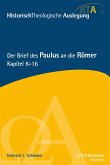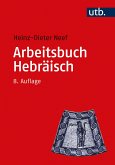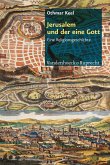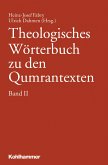For the right understanding of the Sayings Source Q not only the relation to early Judaism but also the social "landscape" in which the texts evolved is undeniably crucial. Here results of Galilean Archeology are brought into contact with sociological models how Jesus and the Q-community might have interacted with their contemporaries (cf. the thesis of social disruption by G. Theißen, attitudes in early Judaism towards the Temple by B. Ego, the role of women in early Judaism by T. Ilan, the situation in the Diaspora by P. Trebilco). The question is also extended to the social profile of the authorities behind the Sayings Source Q: Were they itinerant prophets or village scribes?
Hinweis: Dieser Artikel kann nur an eine deutsche Lieferadresse ausgeliefert werden.
Hinweis: Dieser Artikel kann nur an eine deutsche Lieferadresse ausgeliefert werden.







